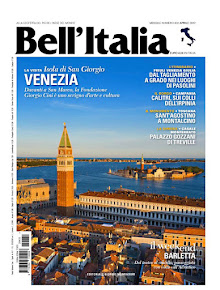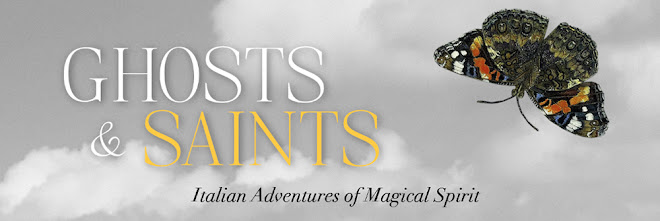I have a very sweet bookish friend who lives in Italy.
Angela recently emailed to tell me about the bitterly cold rain that had fallen on her village in Campania. She correctly assumed that I would understand and empathize. “How do you live way up there in snow-land as a permanent thing?” she asked. (“Way up there in snow-land” referring to my home state of Wisconsin.)
“There’s no such thing as bad weather, only bad clothes,” I quipped. I proceeded to extol the virtues of my Sorel snow boots and Smartwool socks, but in hindsight, I don’t think that’s what Angela was getting at.
Rather than listen to me prattle on about my outdoor gear, Angela probably wanted to understand how we Northerners do it—how we gaze at an often-sunless winter horizon and find a sense of hope in the unceasing shades of gray and lavender. It’s an apt question, because surviving these dark and bone-chilling months isn’t for the faint of heart.
But—
have you ever stood on the icy shore of a frozen body of water and listened to it? I mean really listened to it?
I just spent a long weekend in the Northwoods, which is my favorite place on earth and the setting of Crossing the Pressure Line. During one of my many hikes—because I make myself spend time outside every day, even when the weather hovers in the single digits—I watched the moon rise over a white and seemingly lifeless lake. It was only 4:20 P.M., but already nighttime felt like a heavy blanket.
In the hushed stillness of the gloaming, it would’ve been easy for me to imagine that everything was simply dead. But then the lake moaned, sounding not unlike a whale. I grinned into the moonlight, and the lake called out to me again. And again. Under my many layers of Smartwool, my body broke out in joyful goosebumps.
If you’ve never been up north in the winter, you might not realize that sheets of lake-ice can shift, which generates a variety of noises—pops and creaks, of course, but also groans and grumbles. A deep and eerie cry that sounds just like an owl. And, most thrillingly, the unearthly zing of a Star Wars Lightsaber.
You guys, those iced-over lakes are alive. Glorious things are happening beneath their surface, at every moment. Things we can’t see, but that remind us that the natural world carries on in spite of—because of—the frigid temperatures and frequent blizzards.
The next time my friend Angela asks me how I manage to stay warm here in the frozen tundra, I will tell her about the lakes. I will try to describe how I’m able to find courage when those whale-calls land upon my ears.
I know that Angela has chestnut-tree forests and fields of grain to greet her when she opens her balcony door in Italy, but I’ve got something very sturdy and character-building right here in Wisconsin, if I just go outside and listen.




















